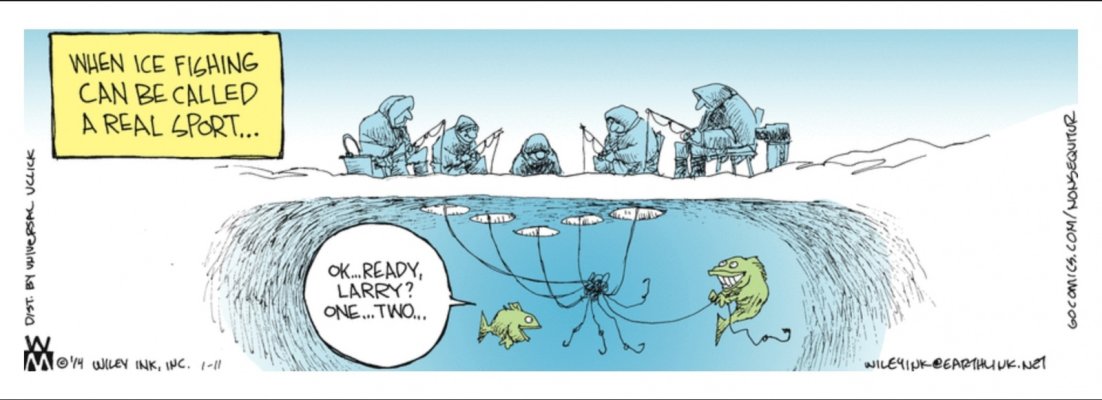Not retired yet, but I will likely go this year. For the last five years, we have tracked overall household expenses using statements from one checking and one savings account. Everything we spend runs through one of these two accounts, except for income tax withholding, which we can get from W-2. I don't include payroll taxes (e.g. FICA, etc.) or other employee withholding (e.g. LTD, parking, etc.) that we won't continue into retirement. This lets us know how much we will need annually to maintain our current lifestyle, without getting into the nitty-gritty of dogfood versus cleaning supplies. Prior to doing this, we *did* try tracking and categorizing everything for a couple of years. That exercise wasn't very revealing of anything we'd do differently, and so we felt it wasn't worth the PITA of doing in such detail. We don't have many work-related expenses or other items that we expect will change much in retirement, with the likely exception of income taxes, which are counted at current levels in above and likely will change in our favor anyway. We've also kept separate track of significant travel, charities, and a few large purchases of note, which either aren't routine or may change in retirement, so we can anticipate those accordingly. Our expenses otherwise have been fairly consistent for the last few years, so we are pretty confident in the numbers we get from the above. It's pretty lightweight and works for us.


